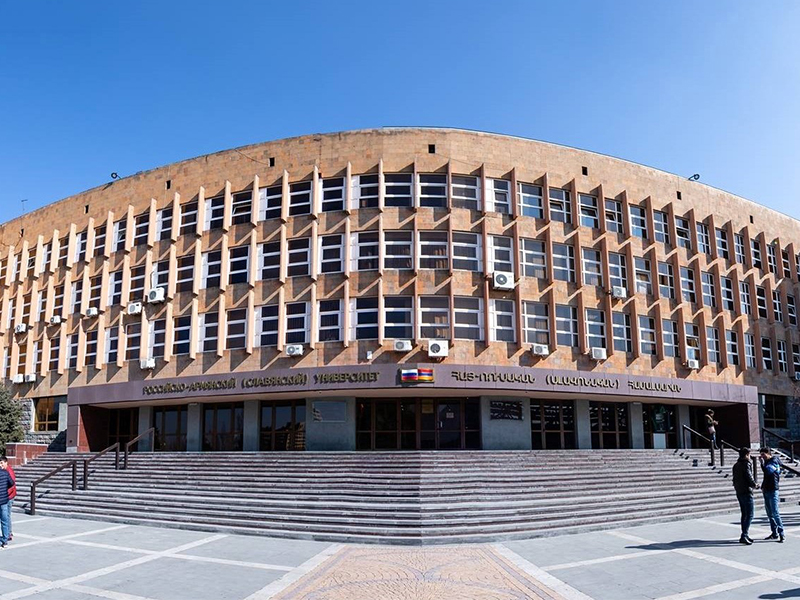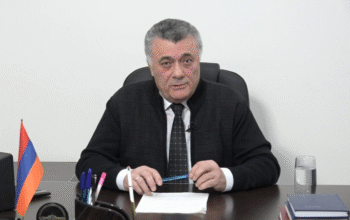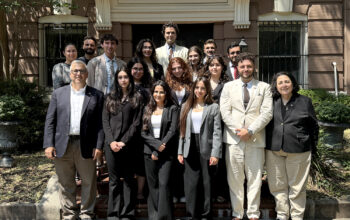The Armenian government’s controversial cuts to financial aid for refugees from Artsakh are hitting young people pursuing higher education particularly hard.
In the aftermath of the September–October 2023 exodus, when more than 100,000 ethnic Armenians fled their homeland, Yerevan introduced a range of support measures: monthly housing allowances for displaced families and full tuition coverage for Artsakh students enrolled in Armenian universities. But those scholarships will no longer be available to new students entering the upcoming academic year.
One of them, journalism student Anna Nazaryan, only discovered the change after gaining admission to the Russian-Armenian Slavonic University in Yerevan. Her annual tuition is set at 600,000 drams ($1,570)—a daunting sum for most refugee families still struggling to rebuild their lives.
“It’s not that 15 or 20 years have passed since those events,” Nazaryan said. “We hoped to get at least partial [tuition] compensation, but now we understand we are not going to get it.”
Artsakh’s exiled human rights ombudsman Gegham Stepanian called the government’s decision “illogical,” noting that refugees’ social and economic vulnerabilities remain unchanged. He has appealed for the reinstatement of financial support but said he has been informally told the government is unlikely to reconsider.
Officials argue that displaced students remain eligible for the same tuition reimbursement system that applies to all students at state-run universities, which is based on strong academic performance after the first semester. That, however, provides no relief to first-year students just beginning their studies.
The reduction in education aid follows a broader rollback of refugee assistance. As of June 1, the government stopped paying the 50,000 drams ($125) monthly housing allowance to displaced families who neither own a home nor live in government shelters. Support is now limited to children, students, pensioners, and the disabled—and even then, reduced to 30,000 drams ($75) per month.
These cuts have provoked growing frustration among refugees. In March, thousands took to the streets of Yerevan to protest the phasing out of housing aid, forcing the government to delay implementation for two months.
For now, many displaced families fear the loss of education and housing support will deepen their precarity and make it harder for their children to secure a future in Armenia.




